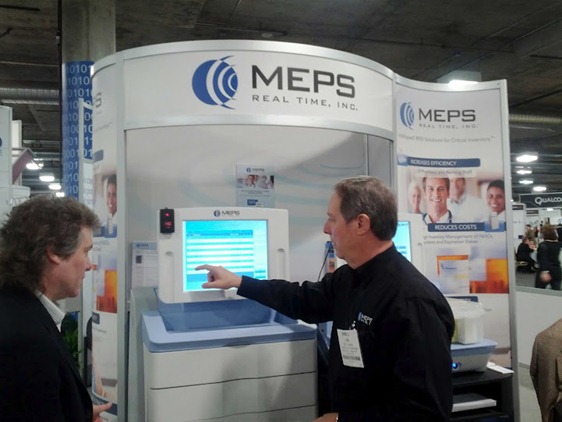Here’s something special happening in the local Fresno area….
Calling all students and professionals with an entrepreneurial spirit! We’d like to invite you to join our new FREE HealthTech Initiative course. Find out more about this exciting class that will help develop healthcare products and services here: CHSU.ORG/HEALTHTECH-INITIATIVE
We are looking for individuals to join teams with people from all types of disciplines including:
- Health (Medical, Vet, Dental, Nursing, Pharmacy, …)
- Computer Sci (Web/PC/Mobile app development, …)
- Business (Entrepreneurship, marketing, pricing, …)
- any individual interested in health care
Class meets on Wednesday evenings from 5:30 pm to 7:30 pm at the California Health Sciences University (CHSU) in Clovis CA.
- The class is FREE
- The first class is August 23rd
- The 15-week course ends on December 6th
- Dinner is included
Participants work in teams, and we will help you join a good team. You will not sit around for long-winded lectures. This course will provide participants with a “hands-on†introduction to leading an entrepreneurial enterprise by building a business model and constructing a prototype product or service. Participants work in teams, and all good ideas are acceptable.
Teams will meet once a week to report progress. Teams demonstrate their prototype and business models to people or organization who are potential customers. Teams revise their prototypes and business models based on feedback. The step-by-step “Lean Startup†process is based on the National Institutes of Health (NIH) program to train medical scientists/entrepreneurs.
Location: CHSU ANNEX BUILDING, ROOM 103-A, 45 N. CLOVIS AVENUE (NE CORNER OF SIERRA & CLOVIS), Clovis, CA 93612
FOR MORE INFORMATION, CONTACT
Dr. Charles Douglas at cdouglas@chsu.org or 559.573.8026.
RSVP at: CHSU.ORG/HEALTHTECH-INITIATIVE

